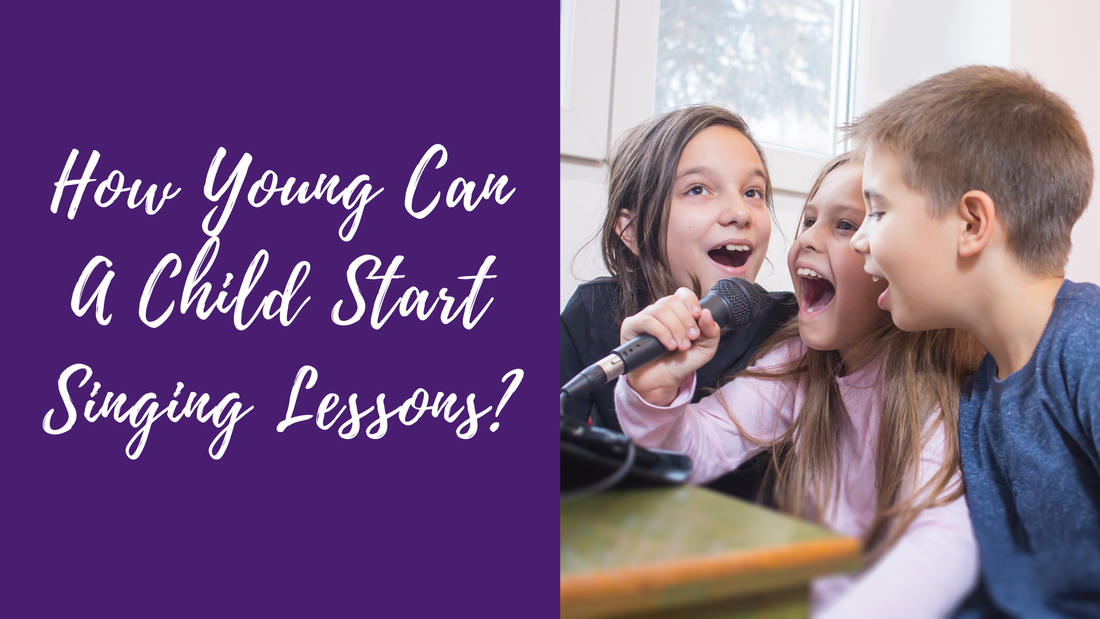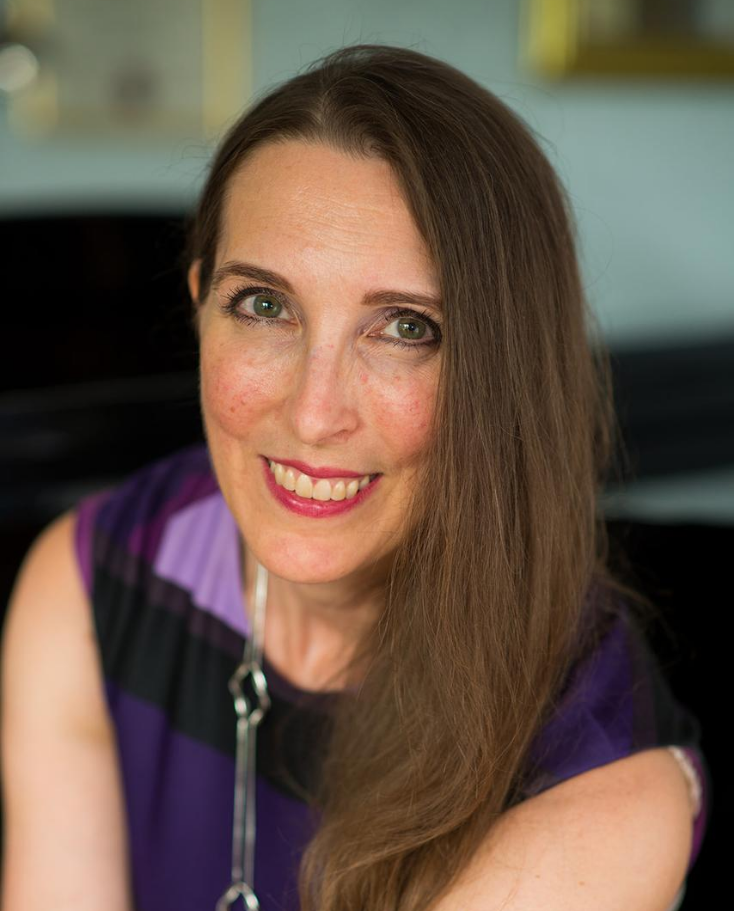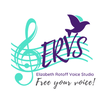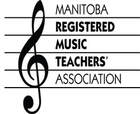|
Back in the olden days when I was a child, it was unheard of to have singing lessons before puberty. Even now there are some teachers that say children should not take lessons before they are teenagers and if you want music lessons before then you should focus on piano. There are a few big problems with that mode of thought. Children sing all the time.Children are singing pretty much from their first cooing sounds as a baby. Daycare, pre-school, children’s TV shows have children learning songs even before they formally hit school. It’s a great way to teach language. There are learning songs, transition songs, clean-up songs. As children get a little older they may start singing along to the latest pop songs or Disney songs. Or they may want to be the next Annie or Matilda. If they are singing all the time then wouldn’t it make sense to make sure they are doing it right? Especially if they are singing these harder songs or expressed a keen interest in singing, When you consider that in these songs they are imitating adult singers with voices that may have a huge range, do challenging technical effects and are also amplified. This often leads an untrained singer to pushing their small voice. Which leads me to the next point. Children’s anatomy is different.The size of the larynx (voice box), the vocal cords, the throat space, the lung capacity, They are all evolving. And developing. This is one reason that some of the old school teachers don’t want to work with young children. But it’s also one of the reasons children should be taking lessons. Children need to be guided to age appropriate songs. Songs that will work with the limited range and technical ability of a pre-pubescent voice. Ariana Grande is not the artist to emulate. Age appropriate lyrics are also a consideration. Sure, the lyrics may go over the top of their heads, but do you really want to see your child strutting around like Doja Cat? It may make a funny TikTok, but really not the best role model for a child. And those kid opera singers on the talent shows may sound impressive, but they are not doing their voices any favours. Trying to mimic those sounds can lead to excess tension that can result in vocal injury down the line that could nip their operatic dream in the bud. Don't they need to develop piano skills first?Sure piano skills are great to have, but if getting your child to practice is more painful than getting a root canal is it worth it? Some of the reasoning behind taking piano lessons is that they learn to read music and develop musicianship skills. With a well-designed singing lesson plan this is easily achieved. If your child has a greater inclination to sing with no desire to play piano, then why not nurture that. They will still gain valuable note reading and musicianship skills, but do it in a medium that excites them. And maybe that will excite them enough to take piano lessons down the line. I’ve seen that happen many times! Another bonus of singing vs. piano is that you won’t have to invest in an expensive instrument. So how young can they start?If your child loves to sing then they can start taking lessons as young as five years old (generally I will take them as they are going into kindergarten, so some children may still be 4 years old). Of course, different teachers may have different preferences. With the right guidance your child will get a quality musical experience they can get excited about. And parents can rest assured that their child is reaping the benefits of music education. In fact, studies have shown that a good quality music education can improve English and math scores by 20%. Group or Private lessons?Now the question is should they take group lessons or private lessons. This can depend on the maturity and personality of the child. One-to-one lessons can require more focus and require more practice time. Some kids are fine with that even at a young age. Others may benefit from group lessons, where there is less focus on practice between lessons and the group environment with peers can feel more like fun and games - while the teacher sneakily leads them in learning basic skills. I’ve had children of 5 years of age that have more focus and eagerness to learn than some 9 year olds who can’t stand still for 30 seconds. Of course, learning styles play a huge role in this and private lessons are always individualized to suit the needs of the child, so no matter what the learning style they enjoy their lessons and learn songs that mean something to them. In conclusionChildren absolutely can start singing at a young age. It’s so important to have guidance from a qualified teacher who understands children’s vocal anatomy.
This is probably the biggest reason some teachers don’t teach young children -they simply choose not to learn about the young voice. But that doesn’t mean your child is too young for lessons. Just like you wouldn’t see an orthopedic surgeon for a stomach problem, voice teachers also have specialties. When you find a teacher who specializes in teaching children your child will get the guidance they need to use their voices safely, develop musically, and learn to love their voices for life! If your child loves to sing and you’re ready to look into lessons then book a free consultation, your Vocal Discovery Call, here and we can see if private or group lessons are the right fit for you. Reference: https://www.researchgate.net/publication/240725654_Examination_of_Relationships_between_Participation_in_School_Music_Programs_of_Differing_Quality_and_Standardized_Test_Results
0 Comments
Leave a Reply. |
AuthorHi, I'm Elizabeth! I'm your guide on your vocal journey. I work with singers - Voice Students of all ages, Singing Teachers and Choristers - basically anyone who LOVES to Sing and wants to free their voice. Archives
August 2022
Categories
All
|
Elizabeth Rotoff Voice and Wellness
Home to
Member of:
Elizabeth Rotoff Voice and Wellness © COPYRIGHT 2020. ALL RIGHTS RESERVED.


 RSS Feed
RSS Feed





